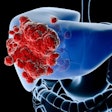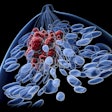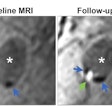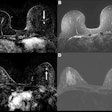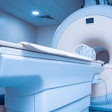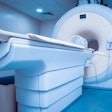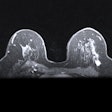Dear AuntMinnie Member,
Is it time to develop a pharmaceutical treatment for gadolinium retention? That's the provocative suggestion of a new study we're highlighting in our MRI Community.
The proposal comes from a group of researchers who conducted a review of the literature on gadolinium-based contrast agents (GBCAs) for MRI scans. They found what they call a "significant gap in knowledge" on the health effects of gadolinium retention -- which in the past several years has become a significant concern.
The researchers believe it could be time to investigate treatments for what they called "gadolinium overload," in the form of drugs that could be given to patients who are scheduled for MRI scans. Get the rest of the story by clicking here, or visit the community at mri.auntminnie.com.
More on 3D printing
In other news, we conclude our two-part series on how to start your own 3D printing service with an article in our Advanced Visualization Community.
Part 2 focuses on a key element of 3D printing: the software that forms the basis for taking data from CT and MRI scans and turning the information into amazing models that you can hold in your hands.
Radiologists from the University of Utah who started their own 3D printing service offer guidance on what you need to get started, from automated tools for segmenting images to computer-aided design applications for creating stereolithography (STL) files.
Learn more by clicking here, or visit the community at av.auntminnie.com.
New findings on breast density
Finally, we're highlighting a new study in our AuntMinnie Middle East special section that adds further evidence of the link between tissue density and breast cancer. Researchers from Egypt looked at the medical records of more than 136,000 women and correlated their breast tissue density with the number of cancer cases that developed. Discover what they found by clicking here, or visit the section at middleeast.auntminnie.com.


.fFmgij6Hin.png?auto=compress%2Cformat&fit=crop&h=100&q=70&w=100)


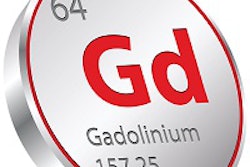
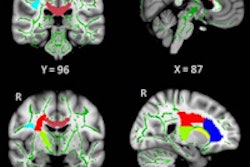
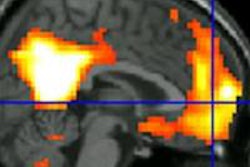
.fFmgij6Hin.png?auto=compress%2Cformat&fit=crop&h=167&q=70&w=250)

